#wendell b harris jr
Text

Chameleon Street (1989) dir. Wendell B. Harris Jr.
#chameleon street#wendell b harris jr#film#film tumblr#black film#independent film#filmmaker#movie#film poster#film restoration#blackfilmgaze
31 notes
·
View notes
Text
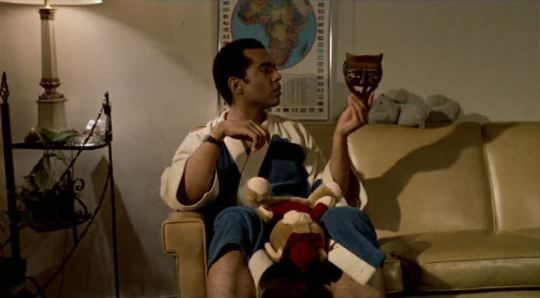
Actor/director Wendell B. Harris Jr. as William Douglas Street, the main star of his only movie as director that is Chameleon Street.
#chameleon street#wendell b Harris jr#indie cinema#90s#90s movies#faces#faceted#existencial#burden#afro American cinema#black man#cult movies#1989
0 notes
Photo
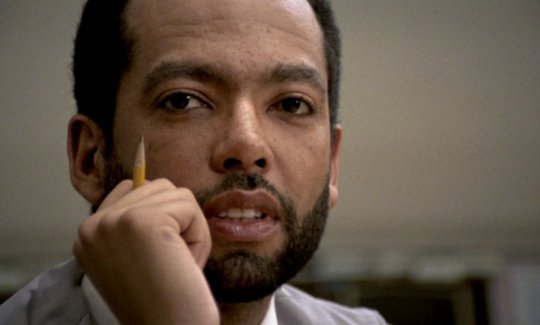
Seen in 2022:
Chameleon Street (Wendell B. Harris Jr). 1989
0 notes
Text
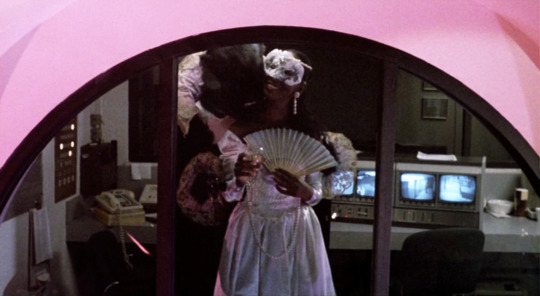
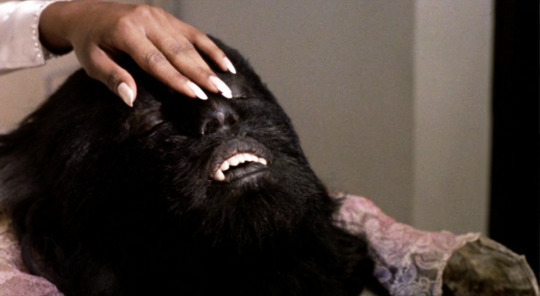
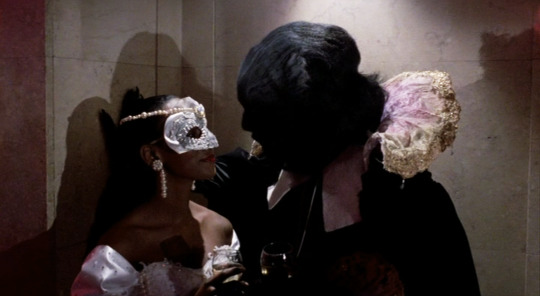
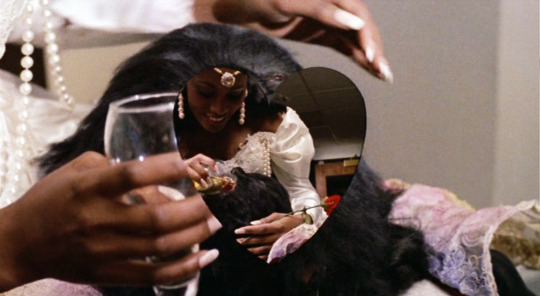
Chameleon Street (Wendell B. Harris Jr. | 1989)
25 notes
·
View notes
Text
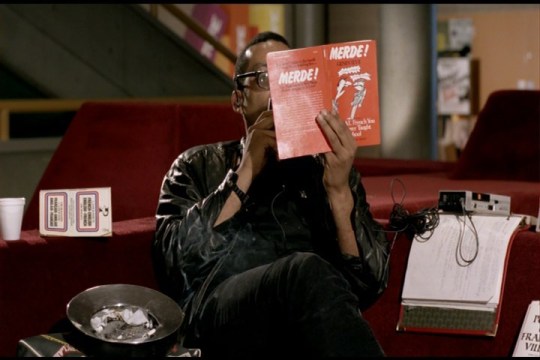
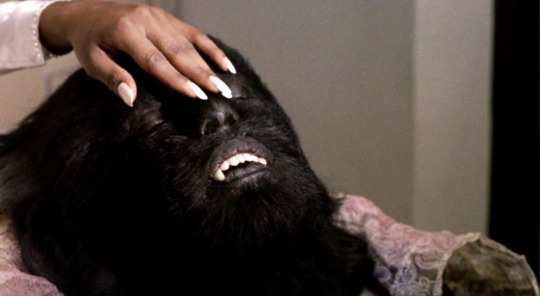
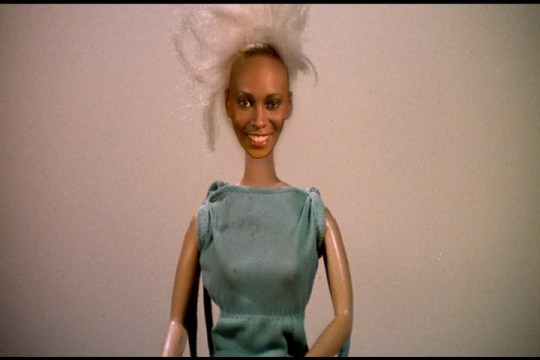
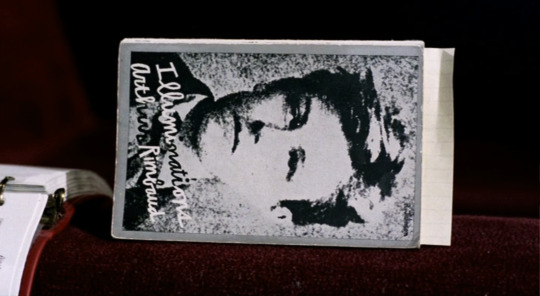
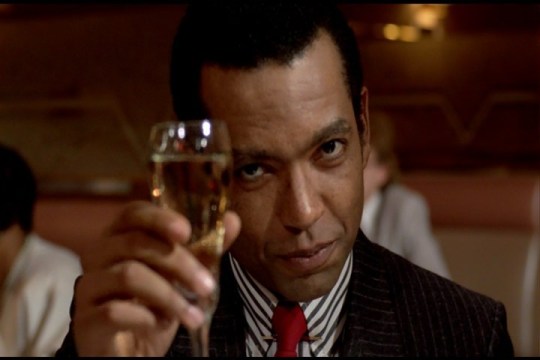
Chameleon Street (1989) dir. Wendell B. Harris Jr.
It amazes me that whites avidly seek after all the accoutrements of black style. You pickle your bodies in gallons of tanning lotion, you broil your pale flesh brown in the tanning spas at great expense and all the while maintaining such a marvelous contempt for black people. You wily Caucasians.
#chameleon street#wendell b. harris jr.#film#film still#watched in st louis#criterion channel#quote#books#books in film#black cinema#american cinema#watched in november 2023
5 notes
·
View notes
Text
As far as Im concerned most people have maybe two or three great moments in their entire lives. So get it right. If the moment calls, give me the phone. If the moment drops by tonight, show him in. Make him comfortable. Set him up in the easy chair, give him a cup of coffee because I am definitely into the moment. -Chameleon Street
22 notes
·
View notes
Text
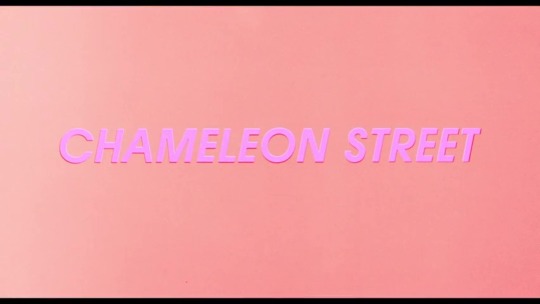
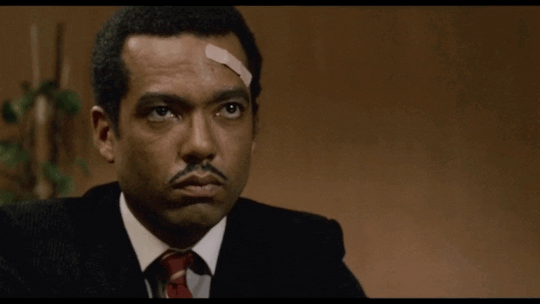
Wendell B. Harris Jr., {1989} Chameleon Street
#film#gif#wendell b. harris jr.#chameleon street#1989#people#men#rubik's cube#colour#feature length#1980s#usa#hands#male filmmakers
0 notes
Text
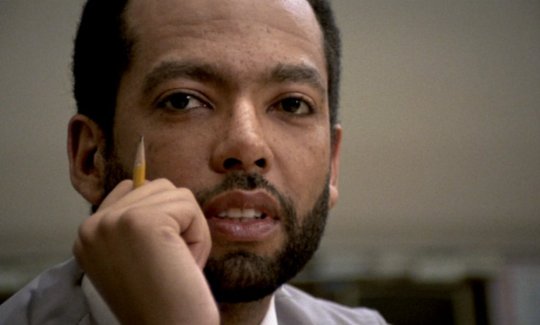
Wendell B. Harris Jr. in Chameleon Street (Wendell B. Harris Jr., 1989)
Cast: Wendell B. Harris Jr., Timothy Alvaro, William Ballenger, Thomas Bashaw, Alfred Bruce Bradley, Margaret Branch, Rick Davenport, Amina Fakir, Anita Gordon, Gary Irwin, Jeff Lamb, Angela Leslie, Bruce Seyburn, Jennifer Turner. Screenplay: Wendell B. Harris Jr. Cinematography: Daniel S. Noga. Art direction: Timothy Alvaro. Film editing: Matthew Mallinson. Music: Peter S. Moore.
An altogether astonishing movie, Wendell B. Harris Jr.'s Chameleon Street is raw, clumsy, funny, mordant, and almost as interesting for what happened to the movie itself as for anything that happens on the screen. It was born of its writer-producer-director-star's fascination with a real life con man, William Douglas Street Jr., who managed to pass himself off as a reporter, a doctor, a lawyer, an athlete, and a Yale student. Only once did Street try to make real money with this talent; the rest of the time he did it because he could, which ultimately wound up sending him to prison. Harris's exploration of Street's career is a kind of docudrama, and it won him the Grand Jury Prize at Sundance. What it didn't win him was fame as a filmmaker, which Sundance had done for directors like Quentin Tarantino, David O. Russell, Paul Thomas Anderson, and Steven Soderbergh, among others. Hollywood showed its interest only in buying the rights to remake the movie, but not to distribute it. At the Sundance festival, Chameleon Street's chief competitor for the award was To Sleep With Anger, a film by another Black director, Charles Burnett, that was picked up for distribution by the Samuel Goldwyn Company. It's a more conventional movie, featuring stars like Danny Glover, while Harris's film is largely performed by non-professional actors. After three decades of underground circulation, Chameleon Street was restored in 2021, distributed and released on video. It can now be seen as a pointed look at the Black experience and as a commentary on the quest for identity and status, not only within the film but in the film's history.
0 notes
Text

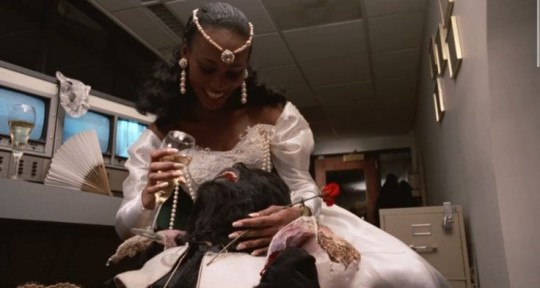
amina fakir as tatiana in chameleon street (1989) directed by wendell b. harris jr.
#chameleon street#80s#80s film#80s films#80s movie#80s movies#aesthetic#style#princess#coqeutte#coquette#hyper feminine#hyperfemininity#coquette aesthetic#coquette core#coquette dollete#doelette#coquette style#girl blogging#girlblogging#coquette moodboard
34 notes
·
View notes
Photo
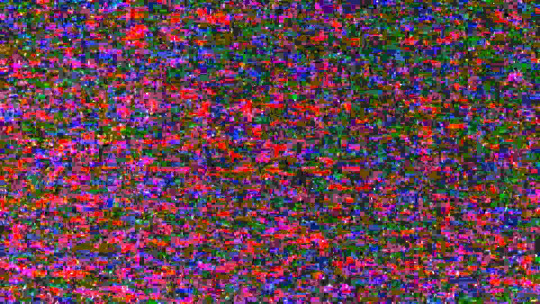
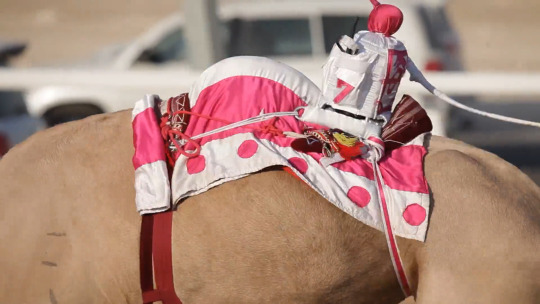
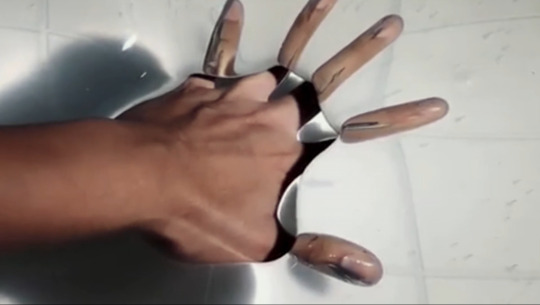

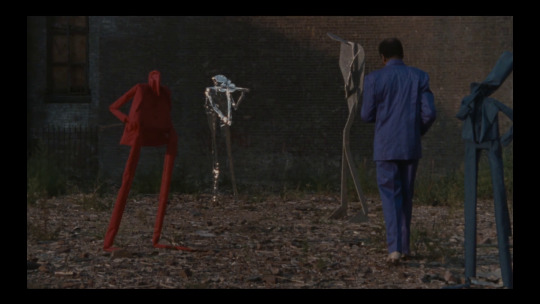
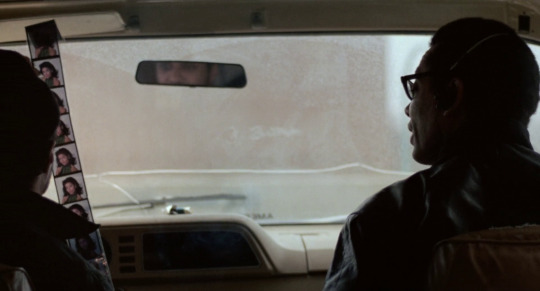
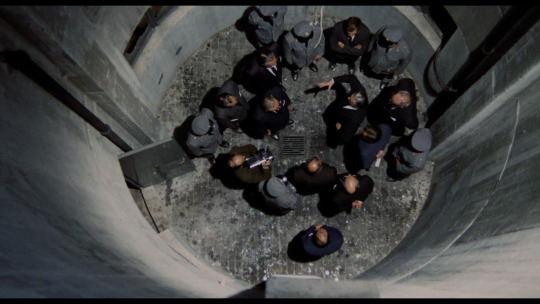


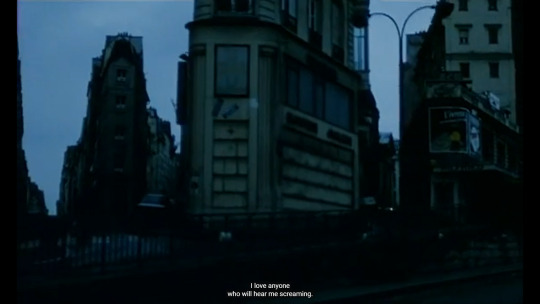
1. LIKELY MINE, Gelare Khoshgozaran (2020)
2. The Camel Race, Isabelle Carbonell (2019)
3. One Thousand and One Attempts to Be an Ocean, Yuyan Wang (2021)
4. Nike X and My Dead Hand, Nina Sarnelle (2019)
5. Ornette: Made in America, Shirley Clarke (1985)
6. Chameleon Street, Wendell B. Harris, Jr. (1989)
7. Investigation of a Citizen Above Suspicion, Elio Petri (1970)
8. La vie des morts, Arnaud Desplechin (1991)
9. Կոմիտաս (Komitas), Don Askarian (1989)
10. Les mains négatives (Negative Hands), Marguerite Duras (1978)
14 notes
·
View notes
Text
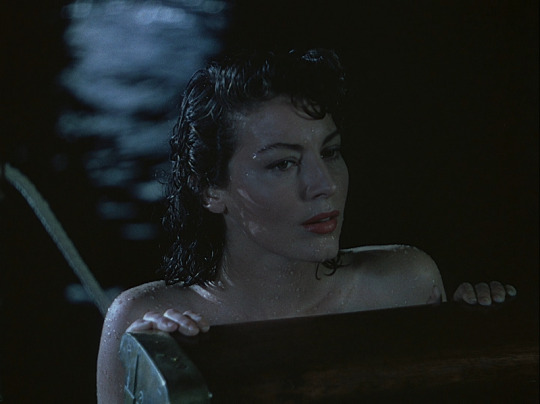
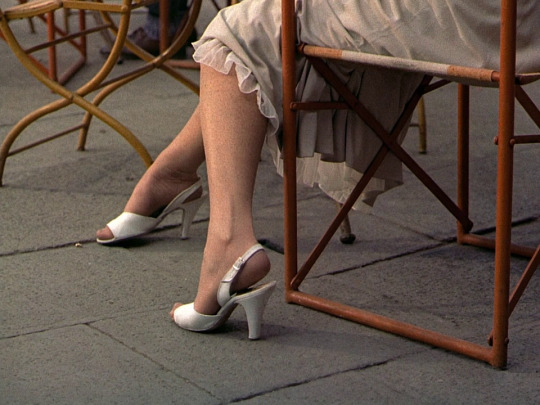


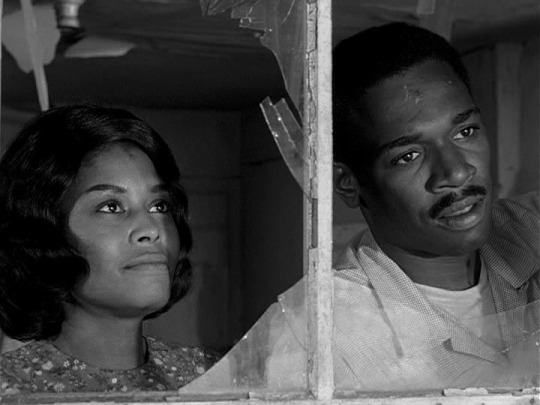
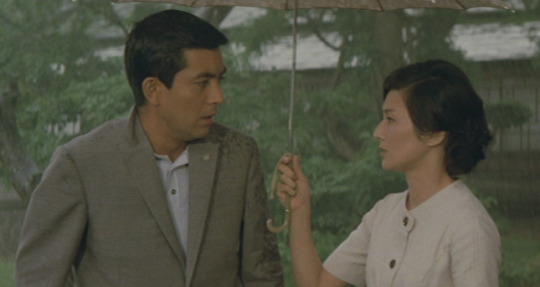
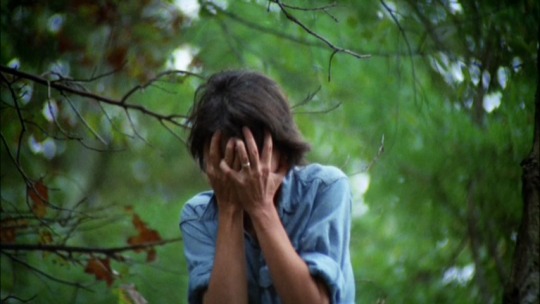
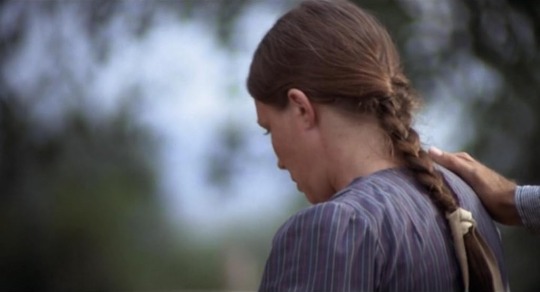
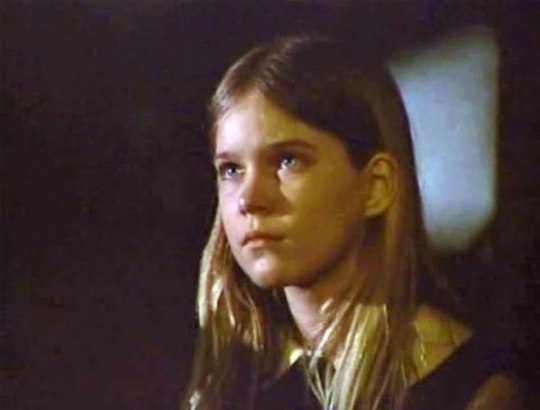


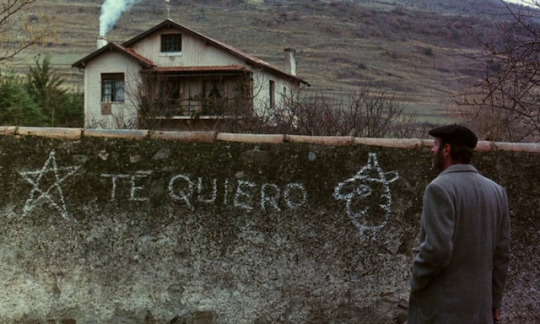
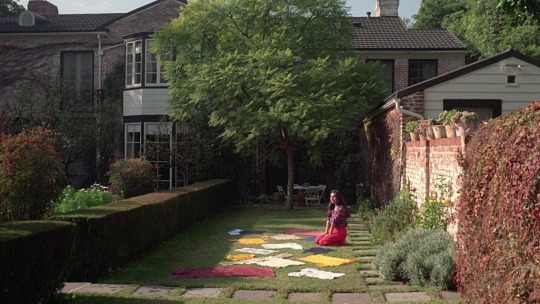
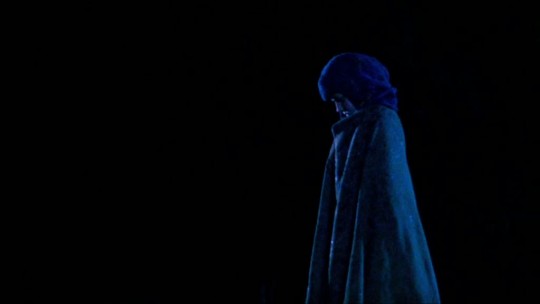
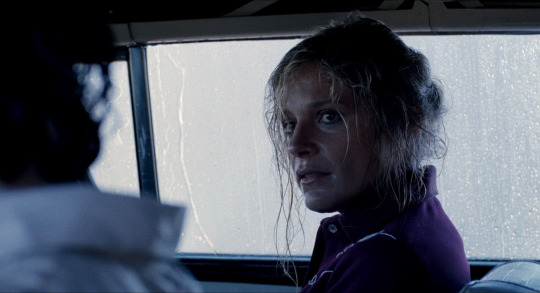
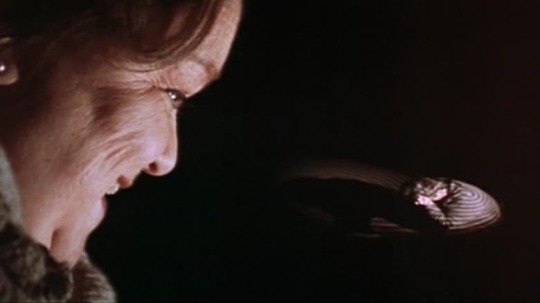

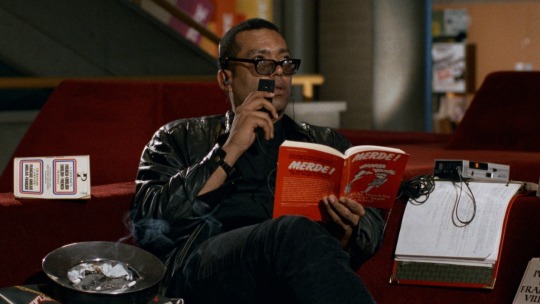
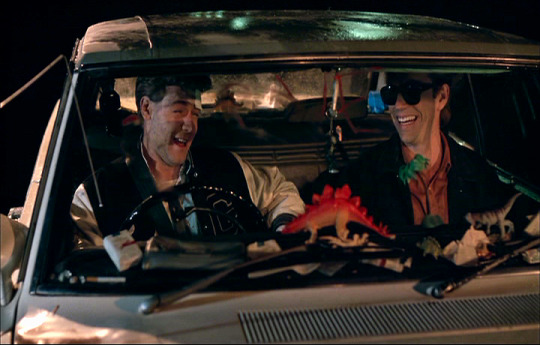
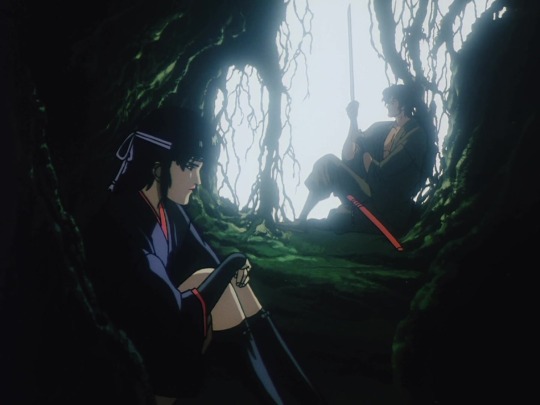
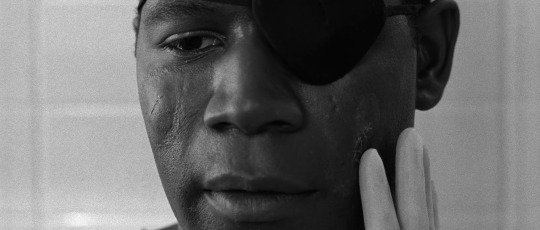

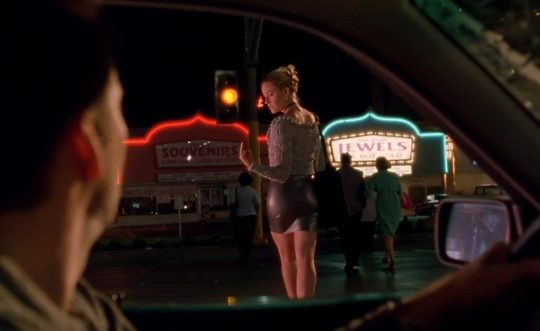
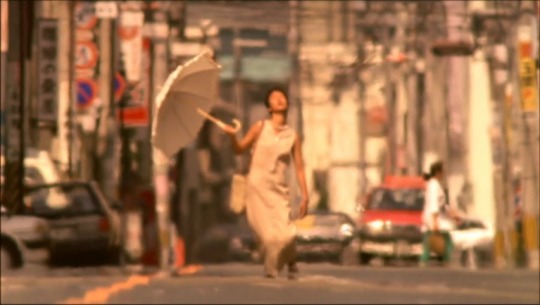
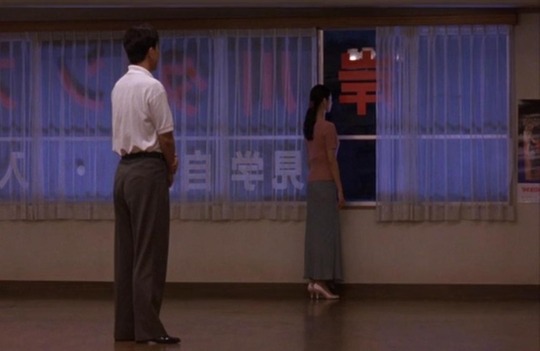
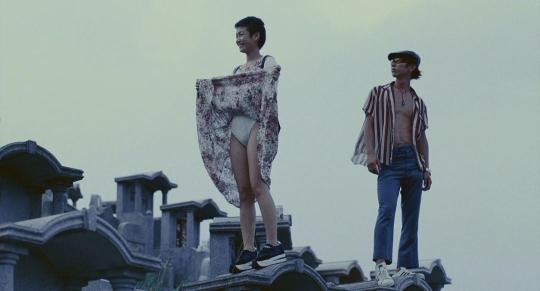


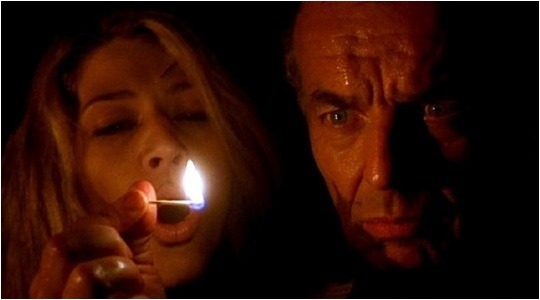

Top 30 Movies that I discovered in 2023 (but not released in 2023) :
Pandora and The Flying Dutchman (Albert Lewin, UK, 1951)
Summertime (David Lean, USA/UK, 1955)
Tea and Sympathy (Vincente Minnelli, USA, 1956)
Murder by Contract (Irving Lerner, USA, 1958)
Nothing But a Man (Michael Roemer, USA, 1964)
Scattered Clouds (Mikio Naruse, Japan, 1967)
Let’s Scare Jessica to Death (John D. Hancock, USA, 1971)
The Hired Hand (Peter Fonda, USA, 1971)
The effect of Gamma rays on man-in-the-moon marigolds (Paul Newman, USA, 1972)
Chilly Scenes of Winter (Joan Micklin Silver, USA, 1979)
Being There (Hal Ashby, USA, 1979)
El Sur (Víctor Erice, Spain, 1983)
El Norte (Gregory Nava, UK/USA, 1983)
Vigil (Vincent Ward, New Zealand, 1984)
Choose Me (Alan Rudolph, USA, 1984)
Desert Hearts (Donna Deitch, USA, 1985)
Anguish (Bigas Luna, Espagne, 1987)
The Vanishing (George Sluizer, France/Netherlands,1988)
Chameleon Street (Wendell B. Harris Jr., USA, 1989)
Proof (Jocelyn Moorhouse, Australia, 1991)
Ninja Scroll (Yoshiaki Kawajiri, Japan, 1993)
Suture (Scott McGehee & David Siegel, USA, 1993)
What Happened Was... (Tom Noonan, USA, 1994)
Leaving Las Vegas (Mike Figgis, USA, 1995)
August in the Water (Sogo Ishii, Japan, 1995)
Shall We Dance ? (Masayuki Suo, Japan, 1996)
Made in Hong Kong (Fruit Chan, Hong Kong, 1997)
Bullets Over Summer (Wilson Yip, Hong-Kong, 1999)
To the Left of the Father (Luiz Fernando Carvalho, Brazil, 2001)
Dead End (Jean-Baptiste Andrea & Fabrice Capepa, France/USA, 2003)
15 notes
·
View notes
Text
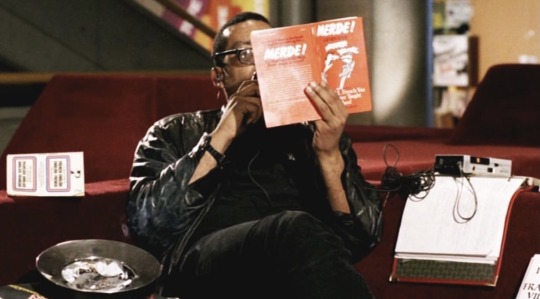
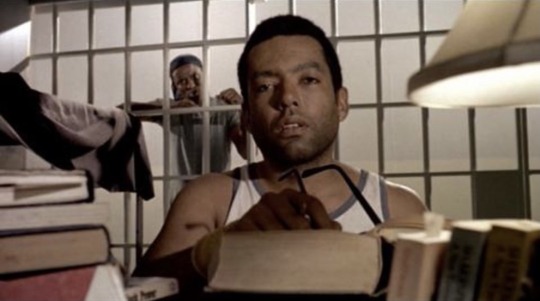
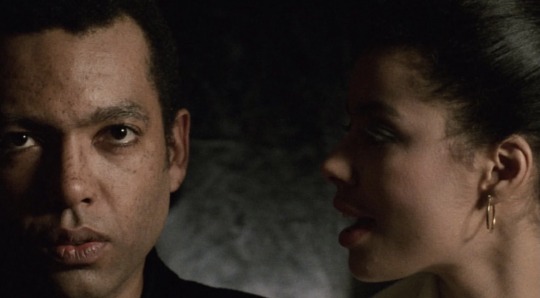
Chameleon Street (Wendell B. Harris, Jr, 1989)
13 notes
·
View notes
Text
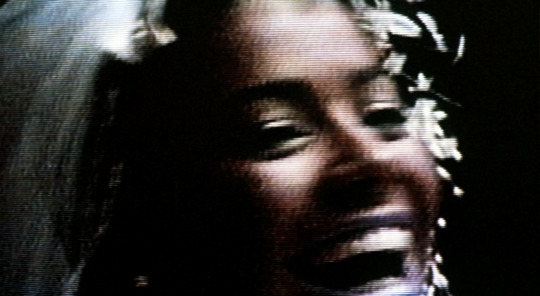
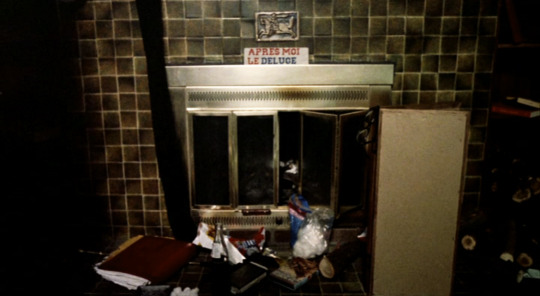
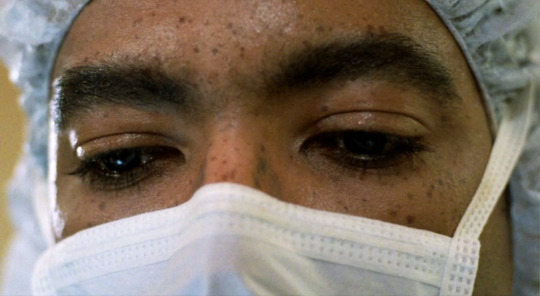
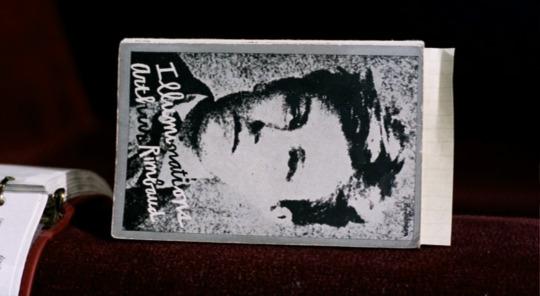
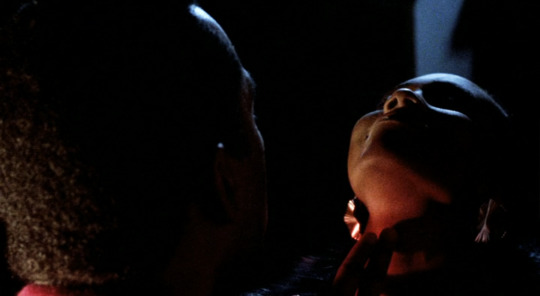
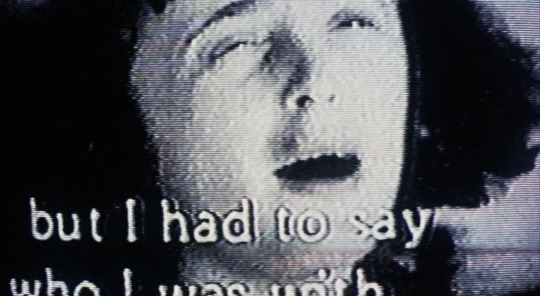
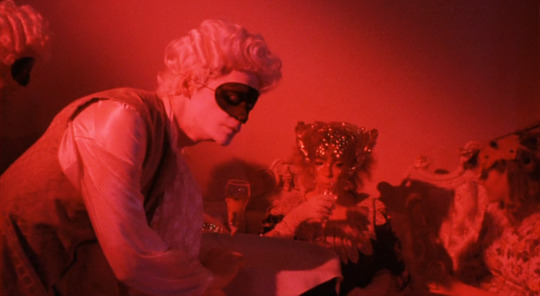
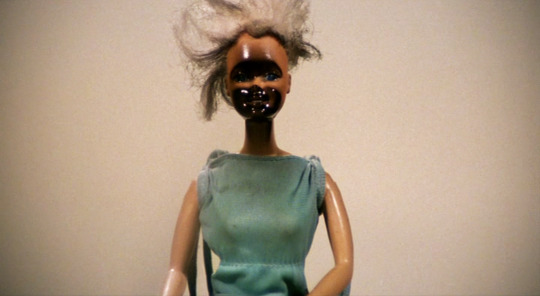
Chameleon Street (Wendell B. Harris Jr. | 1989)
3 notes
·
View notes
Text

6 Procreate sketches of Chameleon Street (1989, dir.
Wendell B. Harris Jr, cinematography Dan Noga) Unique, stylish satire free to stream on Kanopy in the US with a library card
#movies#film#fanart#my art#artists on tumblr#digital illustration#digital painting#cinematography#black history month
2 notes
·
View notes
Text
O Camaleão, (Chameleon Street, 1989)
Dir: Wendell B. Harris Jr.
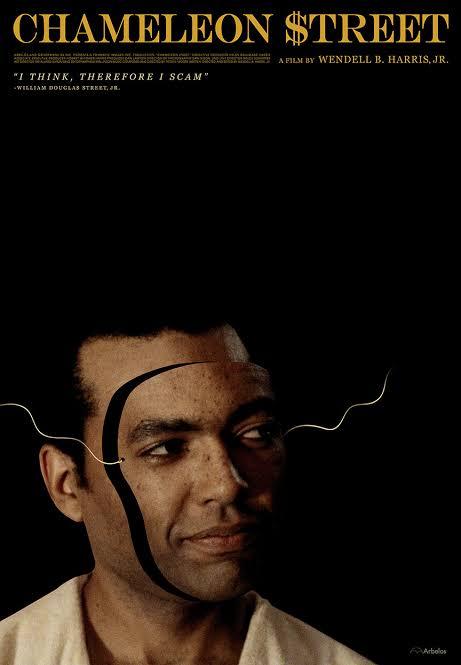
Camaleão como réptil, sabemos, é um bicho bastante hábil encontrado principalmente na África, Sul da Europa e Ásia. Sua maior característica é a camuflagem que resulta em mudança de cor para se adaptar ao ambiente e fugir de presas. Na cultura ocidental camaleão é usado como termo para adjetivar bons atores e metaforicamente para classificar aqueles que são volúveis, flexíveis ou que se adaptam facilmente ao ambiente com mudanças de comportamento ou personalidade. Camaleão é também o nome do filme de Wendell B Harris Jr. que vi faz uns dias e desde então não paro de pensar ou ler sobre.
Escrito, dirigido e estrelado pelo próprio Harris Jr., O Camaleão ganhou prêmio de júri em Sundance no ano de 1990, mas a trajetória, tanto a do filme quanto a do cineasta, foram totalmente apagadas e negligenciadas. Depois do prêmio, ele apostou todas as fichas que sua carreira fosse deslanchar e seu filme fosse distribuído, como aconteceu no ano anterior com Steven Soderbergh. O Camaleão até teve uma trajetória, mas foi muito curta e limitada. Curioso foi ler as justificativas que deram para não investirem de forma mais enfática no lançamento e distribuição. Chega a ser ofensivo dizer que o próprio público negro não se interessaria ou não estaria preparado para tal obra, visto a grande escassez de filmes negros na época. Fico imaginando e lembrando de quantos profissionais negros do cinema apostaram e colocaram toda esperança após serem premiados? A gente já viu isso diversas vezes ao longo das décadas, não é mesmo? Vou dar um exemplo apenas e bem rapidamente lembrando de Bill Gunn, que teve seu Ganja & Hess fazendo sucesso em Cannes, mas nos EUA recebeu diversas críticas, inclusive de um profissional que sequer chegou a ver o filme todo.
O Camaleão é basicamente sobre um homem negro estadunidense dos anos 70 e 80 que trapaceia em ambientes majoritariamente brancos. Uma história de vida real ficcionada e fantasiada de forma surrealista totalmente inventiva, incisiva, dramática e bem humorada. A história é uma sátira baseada em acontecimentos reais e na vida de William Douglas Street, um camaleão social e vigarista de Detroit que abandonou o ensino médio e se passou por diversos profissionais: repórter, advogado, atleta e, inclusive cirurgião realizando mais de 36 histerectomias, todas bem sucedidas até ser preso denunciado pela própria esposa.

No início de tudo, já na prisão, Douglas Street, interpretado por Harris Jr., está sendo interrogado por um psiquiatra que exige que ele pare com suas imitações. Mesmo com a promessa, enganar é inerente a Doug e é como ele mesmo diz: “Penso, logo engano” ou “Eu trapaceio, logo existo”. A partir daí a gente já percebe o tom que o filme vai abraçar, caminhando entre filosofias e provocações ao sistema racista estadunidense. As trapaças de Douglas e o trabalho de Harris são complexos e exigem do ator performances inspiradas. Diversas vezes me fez lembrar do magnífico livro O Homem Invisível de Ralph Ellison e dos diversos malabarismos que o homem afro-americano precisa fazer para viver na américa. Uma anulação muitas vezes estratégica que serve como disfarce para poder penetrar num sistema que o vê como a figura intrusa e monstruosa, construída de forma estereotipada pela própria branquitude.
Douglas é um herói, mas também um anti-herói e o desenrolar do filme se assemelha demais à sua mente, um labirinto de ideias extremamente inteligentes, com conceitos e personalidades. A inteligência de Doug e sua habilidade com a retórica fica bem evidente em dois momentos bem marcantes quando está cercado por homens brancos e num desses momentos ele solta esse diálogo: “Espanta-me que os brancos busquem avidamente todos os apetrechos do estilo negro. Colocam seus corpos em galões de loção bronzeadora. Assam sua carne pálida marrom nas termas de bronzeamento e pagam caro. E ao mesmo tempo, tem um desprezo enorme pelos negros”.

Faz parte da formação e da linguagem do filme as locuções, os monólogos, flashbacks, câmera lenta, salto no tempo, replay, edições frenéticas, mudança de texturas, diálogos diretamente para a câmera, animações e mais um tanto de invenções e reinvenções. É muito frustrante e revoltante se dar conta que um cineasta tão inventivo como Harris tenha em seu currículo uma única obra. Imagina se um cara como ele não tivesse seu talento limado? Em entrevista, Harris diz que a Warner Bros comprou os direitos de remake do filme, mas nunca tirou de fato do papel a ideia. Houve inclusive a tentativa de Harris de negociar outros projetos seus, mas totalmente sem sucesso. Hollywood suprimiu toda e qualquer ideia que surgisse de Harris, seu nome virou até piada. É tão triste isso.
Espero que com o relançamento e a restauração em 4k do filme, mais pessoas possam ter acesso e assistir a essa obra-prima. Aqui no Brasil ele está disponível através da plataforma FILMICCA e posso afirmar que O Camaleão virou meu mais novo filme favorito da vida. Torço também que Harris Jr. volte à luz e tenha seu talento reconhecido e que seus projetos saiam do papel como o “Negropolis” que chegou até ser negociado e quase assinado por Spike Lee para dirigir.
2 notes
·
View notes
Text
Chameleon Street the review
"Chameleon Street" is a cinematic marvel that skillfully dissects the pieces of identity and societal expectations. Through its non-linear narrative structure, the film immerses viewers in the complex world of its protagonist, William Douglas Street Jr., allowing us to witness his journey of self-discovery and reinvention. Wendell B. Harris Jr.'s directorial genius is evident in every frame, as he navigates between past and present to unravel the layers of Street's character.
Harris employs a minimalist aesthetic and understated visual style to convey Street's story, allowing the character-driven narrative to take center stage. The use of handheld camerawork and natural lighting gives the film with a sense of intimacy, drawing viewers into Street's world and heightening the emotional resonance of his journey. Additionally, Harris incorporates elements of satire and dark comedy into the film, providing relief from its weightier themes.
At its core, "Chameleon Street" is a searing critique of American society and the elusive promise of the American Dream. Set against the backdrop of 1980s America, the film exposes the systemic inequalities and injustices that pervade every aspect of Street's existence. Street's ability to seamlessly adopt different personas serves as a important metaphor for the performative nature of identity, highlighting the ways in which race, class, and social status are constructed and maintained. As viewers, we are left to grapple with the uncomfortable truths laid bare by "Chameleon Street," confronting our own assumptions and biases in the process.
0 notes